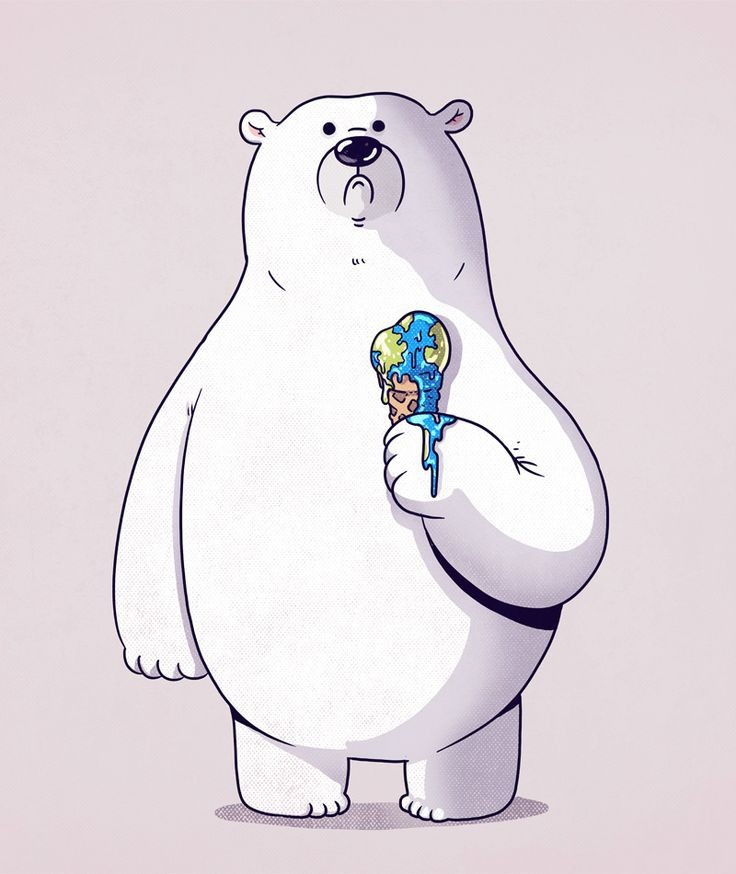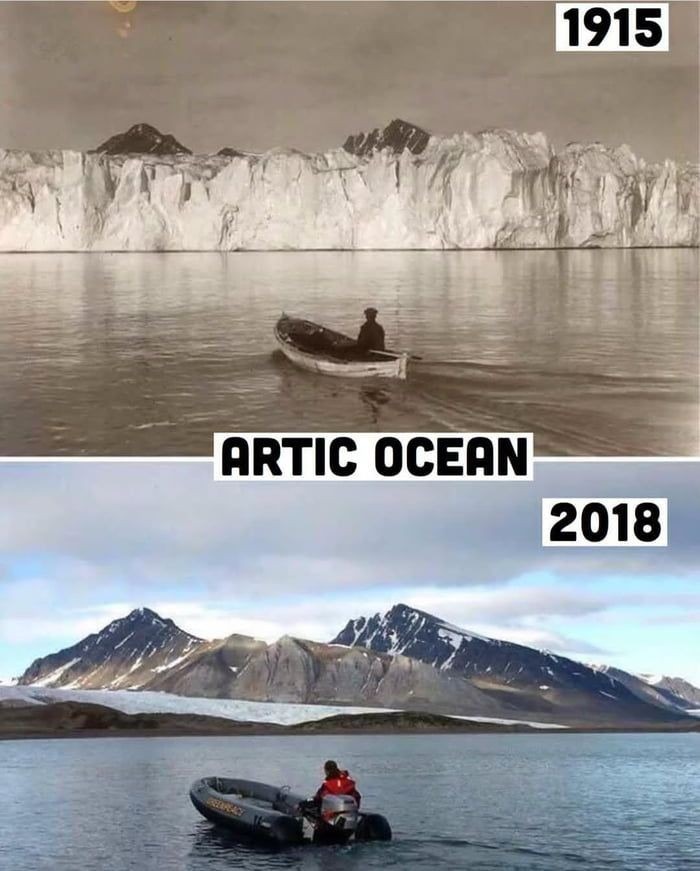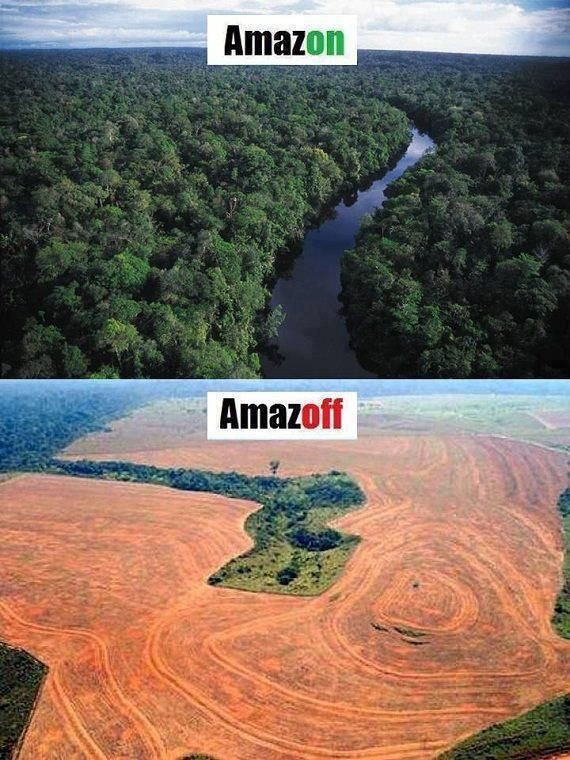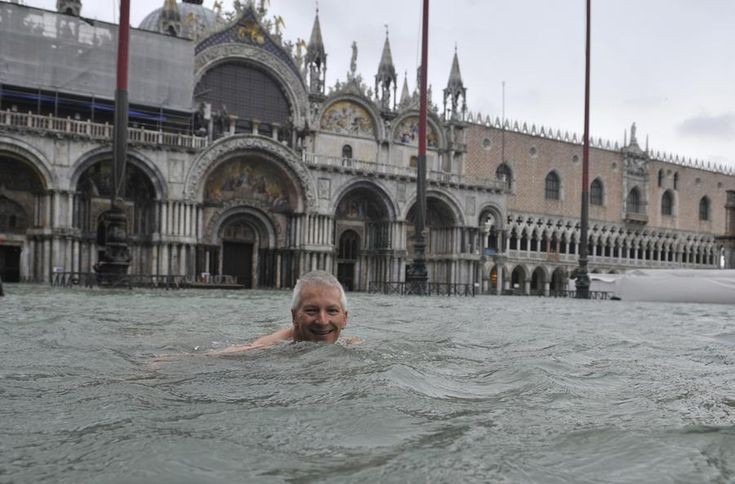"The world is in a state of emergency - the UN." I came across such a title on the Internet (it was an article for the summer of 2019).

?️?️ Промова Грети Тунберг – це вже був крик до світової спільноти. Про те, що не можна заплющювати очі та вкотре ігнорувати проблеми, пов’язані з екологією.
?️Не новиною для вас буде те, що 2015-2019 роки були найбільш спекотними в історії. Протягом липня 2019 року в Гренландії розтануло 179 мільярдів тонн льоду.

If we do not radically change our way of life by 2030, we will reach a point of no return. And then hell will begin, literally, because the temperature of the atmosphere will constantly rise.
I came across another interesting article - "What will be the climate in Kiev in 2050 - a study”. And it will be the same as in CANBERRY - the capital of Australia❗
And here are some disappointing forecasts, but it will be only in 10 thousand years. If nothing is changed, then on the territory of Ukraine will be… desert ?️
Скажу вам відверто. Мені важко писати такого роду пости ? Бо вони дуже вражають мене і засмучують. Але, я вважаю, ми мусимо про це знати. І розуміти, чому кожен наш навіть маленький крок в сторону екологічнішого способу життя є важливим.
? З 1880 року, з початку індустріалізації понеслося: люди все більше почали їздити на машинах, спалювати вугілля та літати. Як наслідок, все більше вуглекислого газу в атмосфері.
? So what is this? А ось як це працює. Напевне, ви чули про парниковий ефект. Зараз буде шок-контент: сам по собі цей ефект не є поганим явищем! ?
Сонце нагріває нашу планету, а вона більшість тепла розсіює назад у космос. Проте деяку частину таки залишає собі, якраз таки завдяки парниковим газам (CO2, метан). І якби не вони, на Землі було би ну дуже холодно ?
In more detail, the greenhouse gases transmit visible sunlight to the Earth, but the infrared surface heated only partially passes by this defense and "flies" beyond the planet.
? Парникові гази, ніби тепла ковдра, роблять нашу планету трішки теплішою, аніж вона могла би бути. Середня температура по планеті +14, а без “ковдри” була би аж -18.
➡️ So what's the problem? Ми занадто потовщуємо цю ковдру. Чим більше вуглекислого газу в атмосферу, тим сильніший цей “бар’єр”, що не випускає тепло і залишає його на планеті Земля. Повільно ми перетворюємо свій дім на велику пательню ?
➡️ Where does CO2 come from?
Cars, planes, factories. People burn substances such as coal, oil, and this process releases just the same CO2 that has accumulated there over millions of years.
➡️ Another problem
Deforestation. Fewer trees - more CO2. Do you remember what photosynthesis is? Roughly speaking, this is when plants "inhale" CO2 and "exhale" O2 (and of course, they form glucose for their loved ones). We literally cut the branches on which we sit.
?І ось вам не дуже веселий факт. Кожні 3 секунди в світі вирубується 100 дерев. І це процес, що не припиняється.

➡️ A vicious circle
Glaciers are melting - this is no longer news to you. Half of the Arctic snow has melted in the last 30 years. And snow, as you know, reflects sunlight. Less snow, so… I think you caught the idea.
➡️ Cities that will go under water
If glaciers melt, all this water creates a higher water level. Therefore, most likely, some coastal cities and islands will not be until 2100. One such city is Venice (you can read more in 2 links).

And the Maldives also risk going under water. So it is likely that future generations will imagine Venice and the Maldives as a vanished Atlantis…
Sources / read more:

